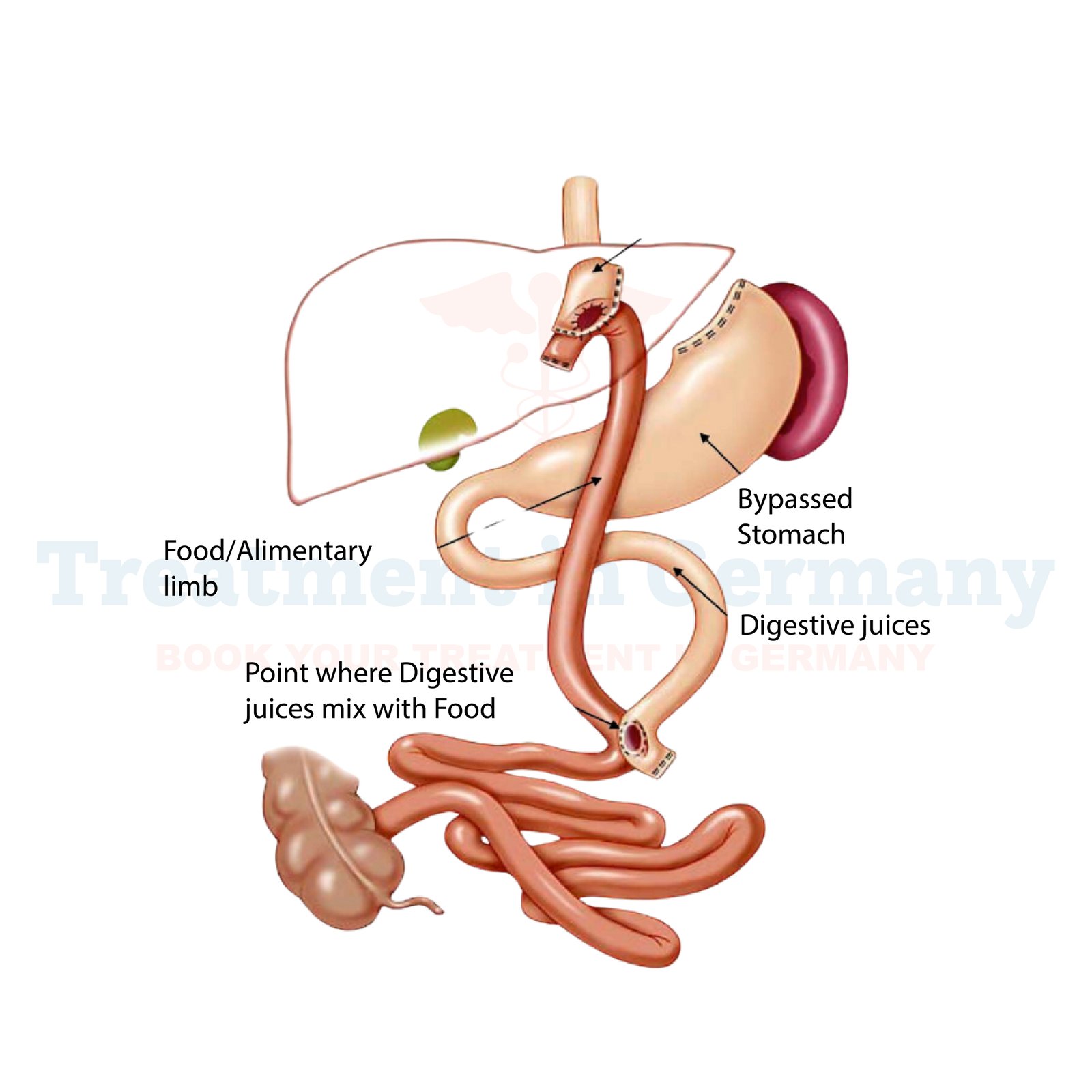What is Roux-en-Y Gastric Bypass?
Roux-en-Y Gastric Bypass (RYGB) is a surgical procedure designed to aid weight loss in individuals who struggle with severe obesity. During the procedure, the surgeon creates a small stomach pouch by dividing the top of the stomach from the rest of it.
This pouch is then connected directly to the small intestine, bypassing a large portion of the stomach and duodenum. By reducing the size of the stomach and altering the path food takes through the digestive system, RYGB restricts both the amount of food that can be eaten and the absorption of nutrients.
Side Effects of Roux-en-Y Gastric Bypass
As with any surgical procedure, Roux-en-Y Gastric Bypass carries certain risks and potential side effects. These may include:
It's crucial for patients to undergo regular medical monitoring and nutritional supplementation to manage these potential side effects effectively.
How is Roux-en-Y Gastric Bypass Diagnosed?
The diagnosis of Roux-en-Y Gastric Bypass is typically straightforward once the procedure has been performed. Patients usually have clear documentation in their medical records, including operative reports and post-operative notes.
If there are concerns about complications or symptoms post-surgery, diagnostic imaging such as ultrasound, CT scan, or endoscopy may be used to evaluate the digestive tract and surgical site.
Potential Treatment of Roux-en-Y Gastric Bypass Complications
Treatment for complications of Roux-en-Y Gastric Bypass depends on the specific issue:
👉 Contact us for further information and receive a complimentary consultation.


.webp)
 (1).webp)

.webp)
 (1).webp)


.webp)
 (1).webp)

.webp)
 (1).webp)
